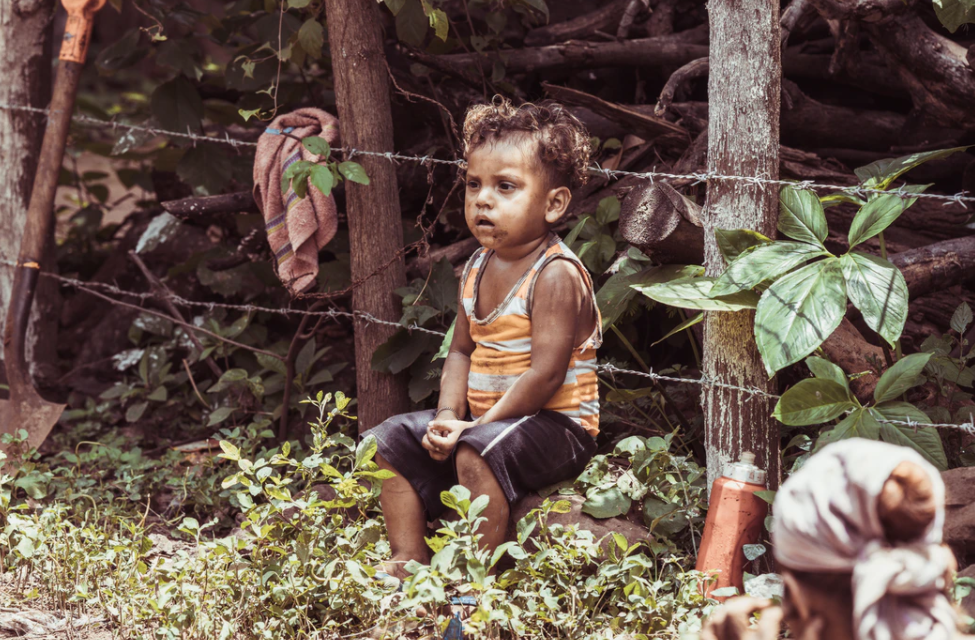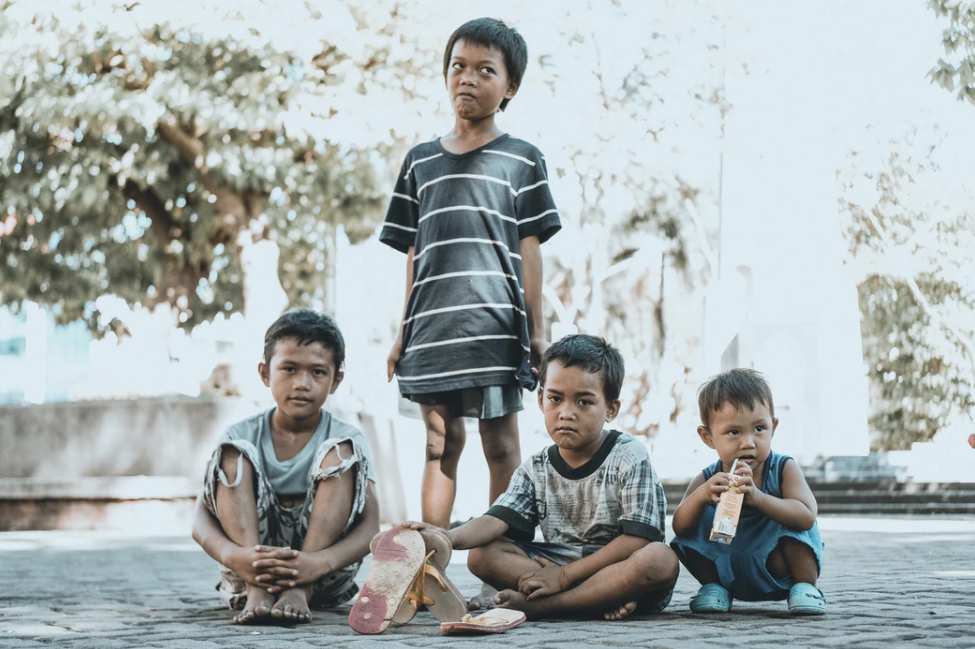Poverty is one of the biggest global crises in the world today. There are millions of children who are affected by a life of poverty. While some manage to escape the grips of poverty, many never make it out. This is why it’s important to understand the impact poverty has on children and their childhoods. The extra challenges a child faces when growing up in a poor family household make it that much more difficult for them to escape it. So what are the impacts poverty has on children?
Effects on Physical Health:
Many children in poverty face a big challenge on physical health and well-being. With a lack of money, many of these children have limited access to quality health care. That means when the child gets sick or needs medical assistance, they often do not have access to the proper medical care that they need, which can become incredibly stressful and may have long-term effects on the child. All of these factors can lead to a very unhealthy lifestyle for children who are living in poverty.

Effects on Education:
Children living in poverty tend to has lower academic achievement than those who are not. This is often due to lower parental engagement with the child and their schooling. It also due to the quality of education they receive. Many parents in poverty do not have access to quality schooling/education thus leaving their children to face the consequences. Impoverished households tend to be high stress, which can affect a child’s ability to concentrate on their education. According to the Children’s Bureau, “children who directly or indirectly experience risk factors associated with poverty or low parental education have a higher than a 90% chance of having 1 or more problems with speech, learning, and/or emotional development.” Perhaps the biggest issue created from insufficient education is how it aides the cycle of poverty in preventing impoverished families from being able to lift themselves out and create a better life for themselves.
Effects on Mental Health:
Physical health is not the only thing that is impacted. Mental health also suffers plenty of consequences from living in poverty. This is because children living in poverty are at a greater risk of suffering from behavioral and emotional problems. Some of these issues can take place in the form of depression, anxiety, ADHD, aggression, low self-esteem, etc.
Children growing up in poorer neighborhoods are often exposed to violence, crime, and other illegal activities. This increases their chances to partake in these activities as they often feel a sense of hopelessness and helplessness. Being exposed to these things at an early age, while the mind is still developing, can increase a child’s chances to enter into the system.
Poverty is not a crisis that is going to end anytime soon. There are many steps that need to be taken to start helping those in poverty break free of its chains. That starts with education on the issue and the impacts it has not only on adults but children too. Impoverished living is a vicious cycle. It’s hard to break free and many children will face a large variety of side effects from growing up in an impoverished environment. Take some time to start educating yourself on the subject and find ways you can help.
Remember: TOGETHER is BETTER!

